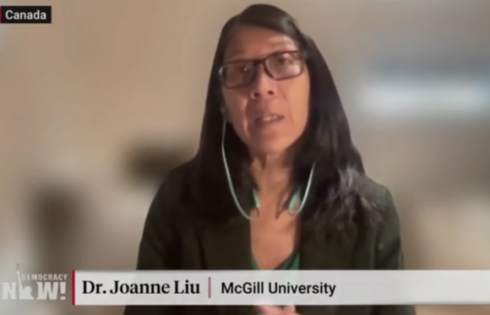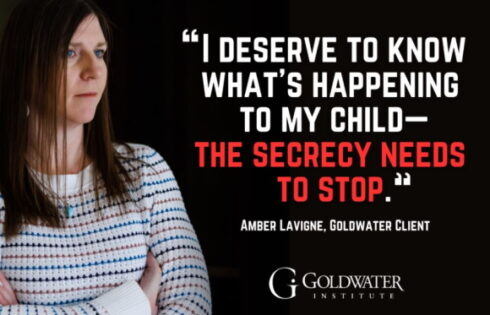
Rulings threaten ‘the functioning of democracy itself’
More than a year after the Supreme Court of Canada agreed to hear two appeals of cases involving Trinity Western University’s proposed law school, the court has crushed religious freedom so that admitted students who choose to attend a Christian university can have sex outside traditional marriage.
The cases involve the university’s “community covenant,” which requires would-be students to abstain from not only sexual relations outside the husband-and-wife bond, but also from obscene language, harassment, lying, stealing, pornography and drunkenness.
The high court overruled British Columbia’s highest court, which declared that the revocation of the TWU law school’s initial accreditation in that province would prevent “these evangelical Christians the ability to exercise fundamental religious and associative rights” guaranteed them under Canada’s Charter.
It upheld the ruling by Ontario’s highest court, which called the covenant “deeply discriminatory to the LGBT community,” whose identity hinges on their ability to have sex during law school.
MORE: ‘You cannot separate statements of belief with how you live your life’
CBC News reported that the two 7-2 rulings upheld the right of the provinces’ law societies to refuse accreditation based on the covenant, saying it is “proportionate and reasonable” to prevent a religious law school from requiring students to live in line with its religious beliefs:
In the court’s view, the law societies were acting within their mandate in considering TWU’s admission policies in the accreditation process, also to ensure upholding a positive public perception of the legal profession.
“In our respectful view, the [law societies] decision not to accredit Trinity Western University’s proposed law school represents a proportionate balance between the limitation on the Charter right at issue and the statutory objectives the [law societies] sought to pursue,” it reads.
The rulings prevent TWU law graduates from practicing law in the provinces that rejected the school’s accreditation, dooming the law school’s existence in those provinces.
Wow. This is chilling:
Canadian top court denies religious freedom to Christian law school https://t.co/hVJ3LkmTJ1 via @AllianceDefends pic.twitter.com/JRraBnvzKB
— Alliance Defending Freedom (@ADFLegal) June 15, 2018
MORE: Court says Christian university can’t lose accreditation for following Bible
ADF International, whose allied lawyers represented several groups in the multiyear litigation, said the decisions require a grassroots legislative response:
“The Supreme Court of Canada has abandoned the promise of freedom that led to the creation of the Canadian Charter of Rights and Freedoms 36 years ago. Individuals will need to turn to their legislators to protect freedom of religion,” said Gerald Chipeur, Q.C., of the Canadian firm Miller Thompson, LLP, and one of more than 3,000 lawyers allied with ADF International.
The rulings also threaten “the functioning of democracy itself” by undermining freedom of religion and association for all citizens of Ontario and British Columbia.
The two dissenting justices said a “state-actor” can’t use religious practices that have already been “legislatively accommodated and Charter-protected” as an excuse to justify “the exclusion of a religious community from public recognition.”
In the British Columbia case that the school initially won, the high court has let the state off the hook from its “duty … to accommodate diverse religious beliefs without scrutinizing their content.”
Read the CBC News story, ADF International statement, and British Columbia and Ontario rulings.
MORE: University that upholds biblical sex beats accreditation challenge
IMAGE: WillVision/Flickr
Like The College Fix on Facebook / Follow us on Twitter






Please join the conversation about our stories on Facebook, Twitter, Instagram, Reddit, MeWe, Rumble, Gab, Minds and Gettr.